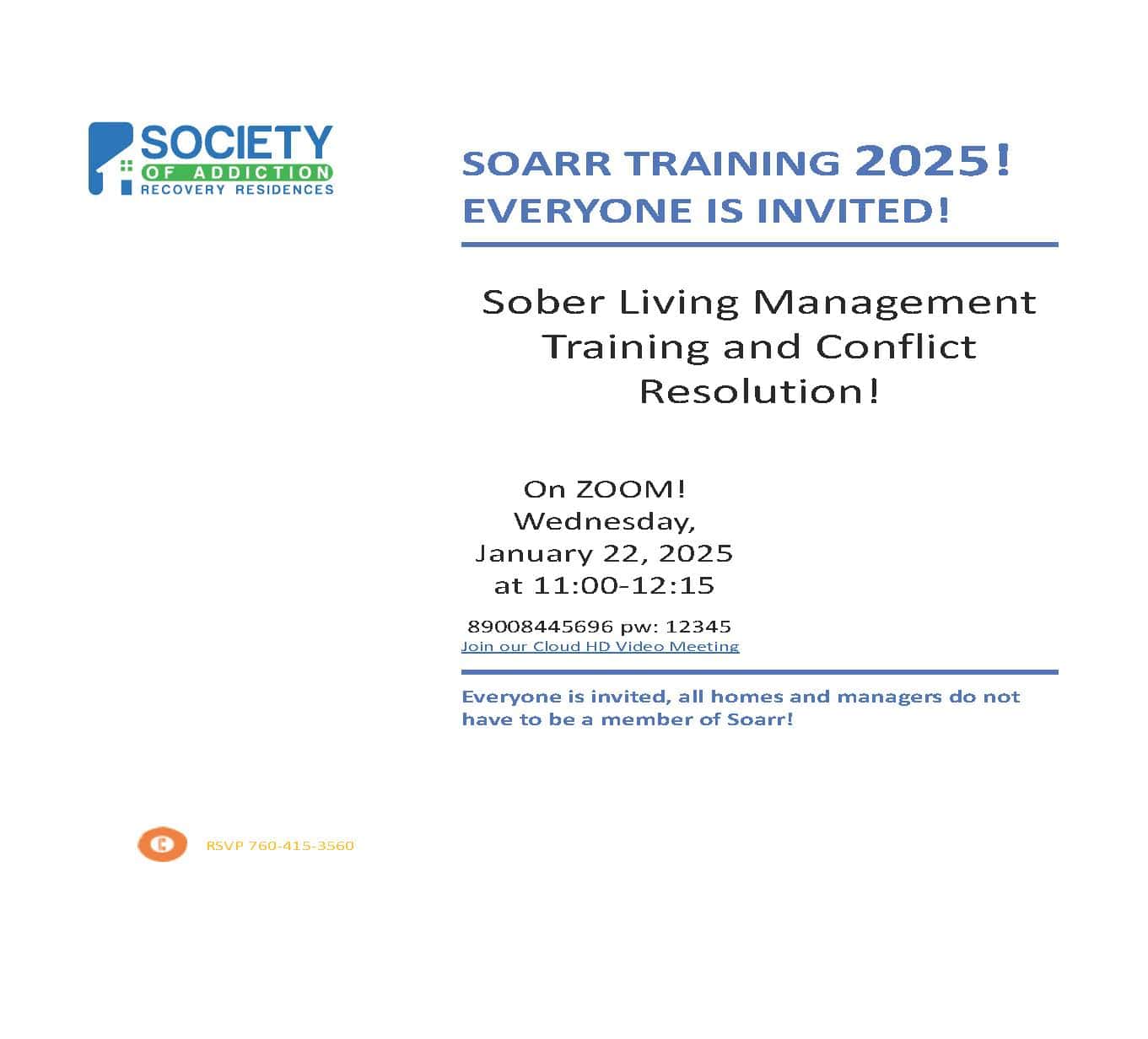In recovery, just as life, things can get in the way of our original goals. Before you left treatment (if you went there), you probably had a list of goals and ideas for the changes you wanted to make. Life, however, can often get in the ways of your best-laid plans. For example, you may have wanted to start a job in your profession, only to find that with your newly diagnosed anxiety and depression, you don’t feel ready. Or maybe life at home was too overwhelming, so you ended up in sober housing for a while.
People don’t come out of treatment with all of their problems fixed. Life is full of surprises. It’s okay if your goals are a little different that they were when you first went in. Every month, week or day clean in as an accomplishment. During those days, however, you will go through more changes.
Some of your changes won’t be your own choice, and you’re going to have to learn to adapt to them anyway. It’s do-able, even if your goals are now a little off. Don’t sell yourself short – you can still reach the goals you set.
Let’s take a look at a few things to help you move towards goals in recovery:
- What are your personal goals? Do you want to spend more time with your loved ones? Find a job where you are respected? Make sure your goals are reasonable – people often put unreasonable expectations on themselves.
- Keep a planner or make a calendar and give yourself “due dates” for your important deadlines. Staying clean and sober should be your number one goal – so make sure to mark your anniversary date on your calendar. Don’t do it only on your phone or computer – you should choose something that you can put on the wall in your line of vision.
- Choose a deadline for your goals. Give yourself six months, for example, to find a job that meets your criteria or two weeks to make that doctor appointment you’ve been putting off.
- Be willing to change your plans. Life happens. You may have family issues to work through that need to be prioritized. Or, you may fail a class and need to re-take it with some extra tutoring.
- Be willing to ask for help. Sometimes you may know what your problem is, but not be able to find a solution.
Life after recovery can be exciting and productive, but without goals, it’s easy to feel bored or “in a rut.” Don’t let that happen! Pursuing goals can give you a feeling of purpose in life. Your sponsor or other friends in recovery can tell you about their goals and how they have changed. Ask them about their experiences.
Are you looking for more information on sober housing? We’ve got a directory right here to help you explore your options.





